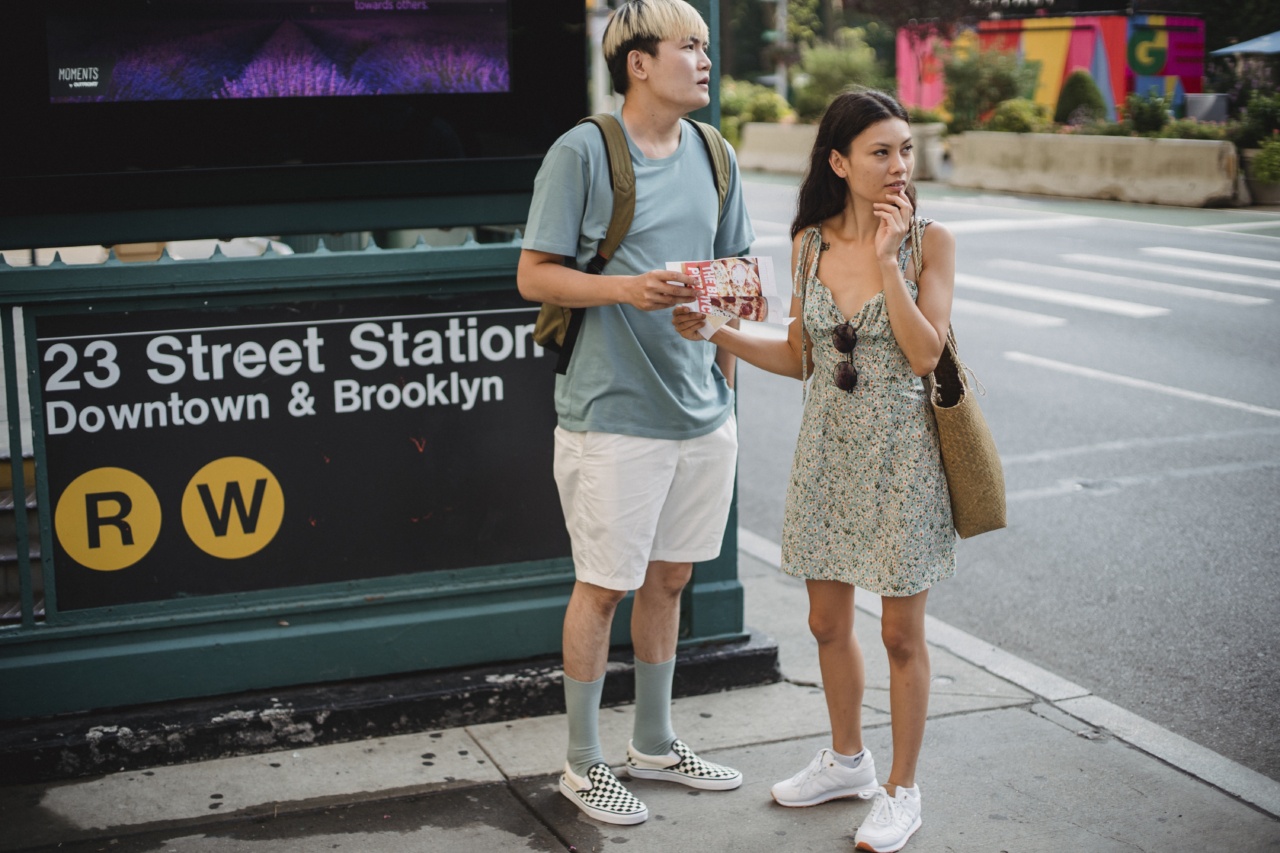Traveling can be a rewarding experience for individuals living with dementia and their caregivers. Exploring new places, meeting new people, and experiencing different cultures can provide stimulation and enrich their lives.
However, planning a city holiday requires careful preparation to ensure the safety, comfort, and enjoyment of both the person with dementia and their caregiver.
1. Choose a Dementia-Friendly Destination
Selecting a destination that is dementia-friendly can make a significant difference in the overall experience. Look for cities that have accessible public transportation, clear signage, and dementia-inclusive facilities.
Cities such as Amsterdam, Sydney, and Toronto have implemented dementia-friendly initiatives, making them ideal choices for a memorable city holiday.
2. Plan Activities and Attractions
Prioritize activities and attractions that will cater to the needs and interests of the person with dementia. Keep in mind their limitations and preferences.
Museums with guided tours, botanical gardens, and art exhibitions are usually well-suited for individuals with dementia. Avoid overcrowded places or those with excessive noise, which can be overwhelming for someone with dementia.
3. Research Memory Cafes and Support Groups
Before your trip, look for memory cafes and local support groups in the city you plan to visit.
Attending these gatherings can provide an opportunity for social interaction, shared experiences, and a supportive environment for both the person with dementia and the caregiver. Connecting with local resources can also ensure access to relevant information and assistance if needed.
4. Consider Accessible Transportation
When planning your city holiday, it’s essential to consider transportation options that are suitable for individuals with dementia.
Opt for accessible modes of transportation such as buses, trams, or trains that provide ease of boarding and comfortable seating. Make sure to check if the city offers any concessions or special arrangements for individuals with dementia.
5. Plan Rest and Relaxation Breaks
Traveling can sometimes be tiring and overwhelming for individuals with dementia. It’s crucial to incorporate regular rest and relaxation breaks into your itinerary. Find scenic parks or peaceful cafes where you can sit, unwind, and rejuvenate.
These breaks will allow the person with dementia to recharge and enjoy the holiday experience more thoroughly.
6. Pack Essentials and Medications
Don’t forget to pack all the essentials and necessary medications for the trip. Prepare a list of required medications, along with instructions on dosage and timing. Carry an extra supply of medications in case of unexpected delays or emergencies.
It’s also advisable to carry important documents like medical records, emergency contacts, and insurance information.
7. Maintain Daily Routines
People with dementia often find comfort in their daily routines. While on a city holiday, try to maintain familiar routines as much as possible. Stick to similar mealtimes and engage in activities that reflect their usual schedule.
This consistency can minimize confusion and provide a sense of familiarity amidst new surroundings.
8. Seek Accommodation with Dementia Support
When selecting accommodation, look for hotels or resorts that offer dementia support or have trained staff who understand the needs of individuals with dementia.
Discuss specific requirements, such as a quiet room, accessible amenities, or additional safety measures, with the hotel management before making your booking.
9. Prioritize Safety Precautions
City holidays require extra safety precautions for individuals with dementia. Ensure you have identification details, including the person’s name and contact information, always on hand.
Consider using wearable GPS tracking devices or identification jewelry to facilitate easy identification and help locate the person if they wander or become disoriented.
10. Be Flexible and Patient
Lastly, it’s important to be flexible and patient throughout the city holiday. Keep in mind that plans might need to be adjusted and unexpected situations may arise.
Allow for extra time during travel, be understanding of any changes in behavior due to the unfamiliar environment, and approach each day with a calm and positive mindset.






























